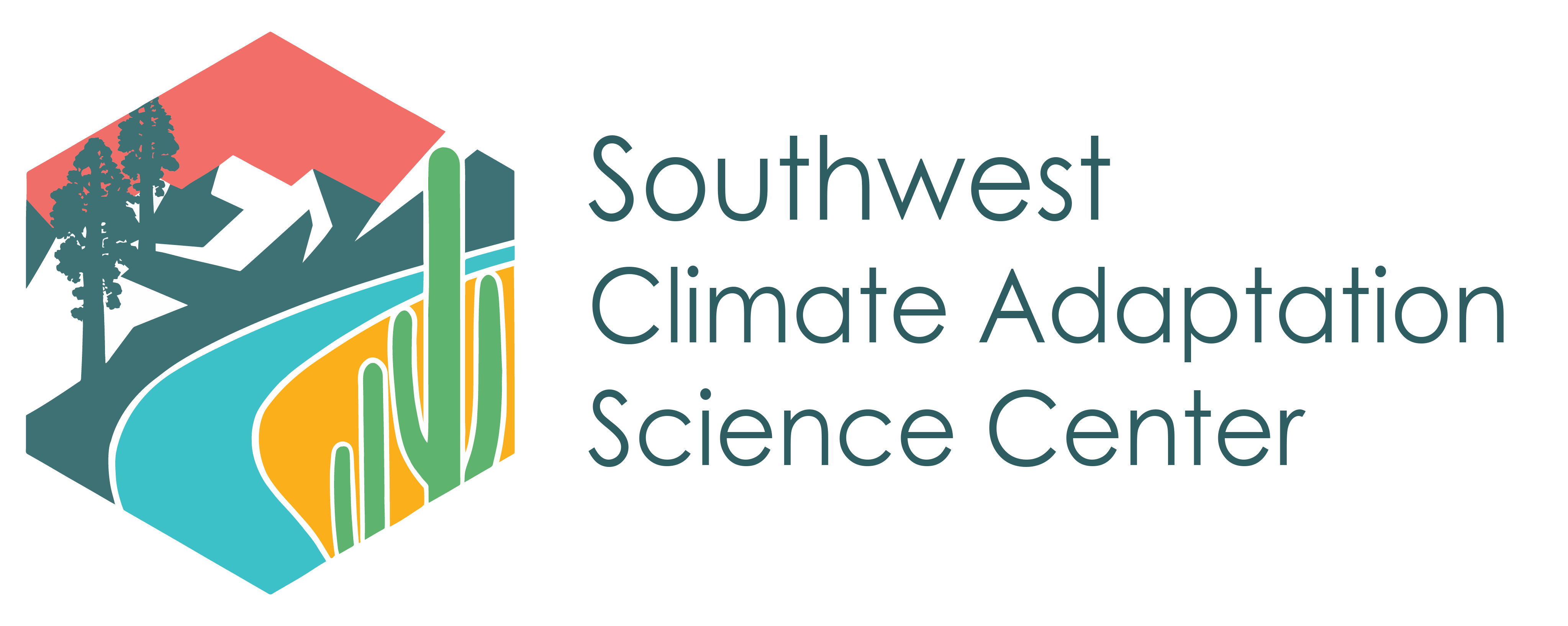When
The Southwest Climate Adaptation Science Center (SW CASC) and Center for Climate Adaptation Science and Solutions (CCASS) are hosting a series of webinars this May focused on ecosystem resilience; specifically, the impacts of heat on ecosystems, ecosystem transformations after large-scale disturbance events, and the benefits of Native American cultural burning. This first one is on Extreme Heat and Ecosystems, and will be held May 1st, 1-2pm PDT.
Speakers include David Breshears and Robbie Burger, from the University of Arizona. They will give an overview of the types of impacts extreme heat can have on ecosystems and humans, with a focused attention to extreme heatwaves and lethal limits of birds and mammals, and thermoregulatory adaptation of humans.
David D. Breshears is a Regents Professor of Natural Resources in the School of Natural Resources and the Environment at the University of Arizona, with a joint affiliation with the Department of Ecology and Evolutionary Biology. He studies cohydrology related to the causes and consequences of vegetation change with a focus on tree mortality and associated forest “die-off ” events, emphasizing drylands but extending globally and including “ecoclimate teleconnections”. Breshears applies these results to help address issues tied to land use, pollution, climate change, and ecosystem services.
Robbie Burger is a Postdoctoral Fellow in the Bridging Biodiversity and Conservation Science Program. He is a human macroecologist that uses theory and large datasets to uncover: i) the general rules that scale across the diversity of life, and ii) to use these fundamental rules to address practical issues in global change, biodiversity conservation, human and ecosystem health, and sustainability. His international collaborations with physical, biological, and social scientists and with medicine, public health, engineering, and policy have resulted in more than 30 scientific articles in multidisciplinary journals with wide readership.

